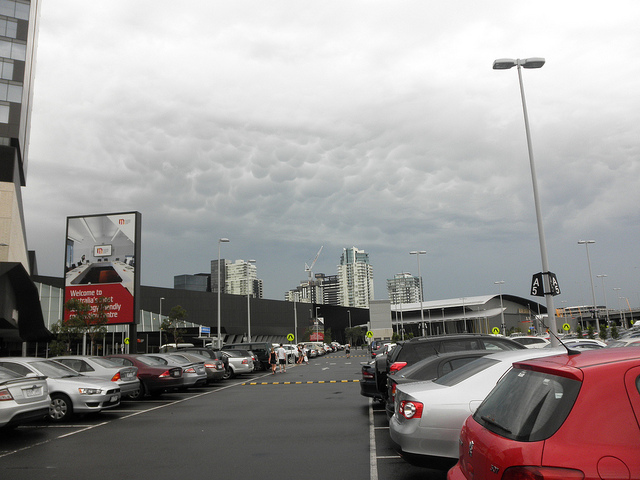Australia's Department of Immigration and Citizenship (DIAC) announced on 19 March further changes to student visas including streamlined visa processing and other changes that are intended to go into effect on 24 and 26 March 2012.The proposed changes are part of stage two of the Australian Government's response to the Knight Review of the student visa program. Stage one was implemented last November.
Topical:
Call for paid service +44 (0)344-991-9222





